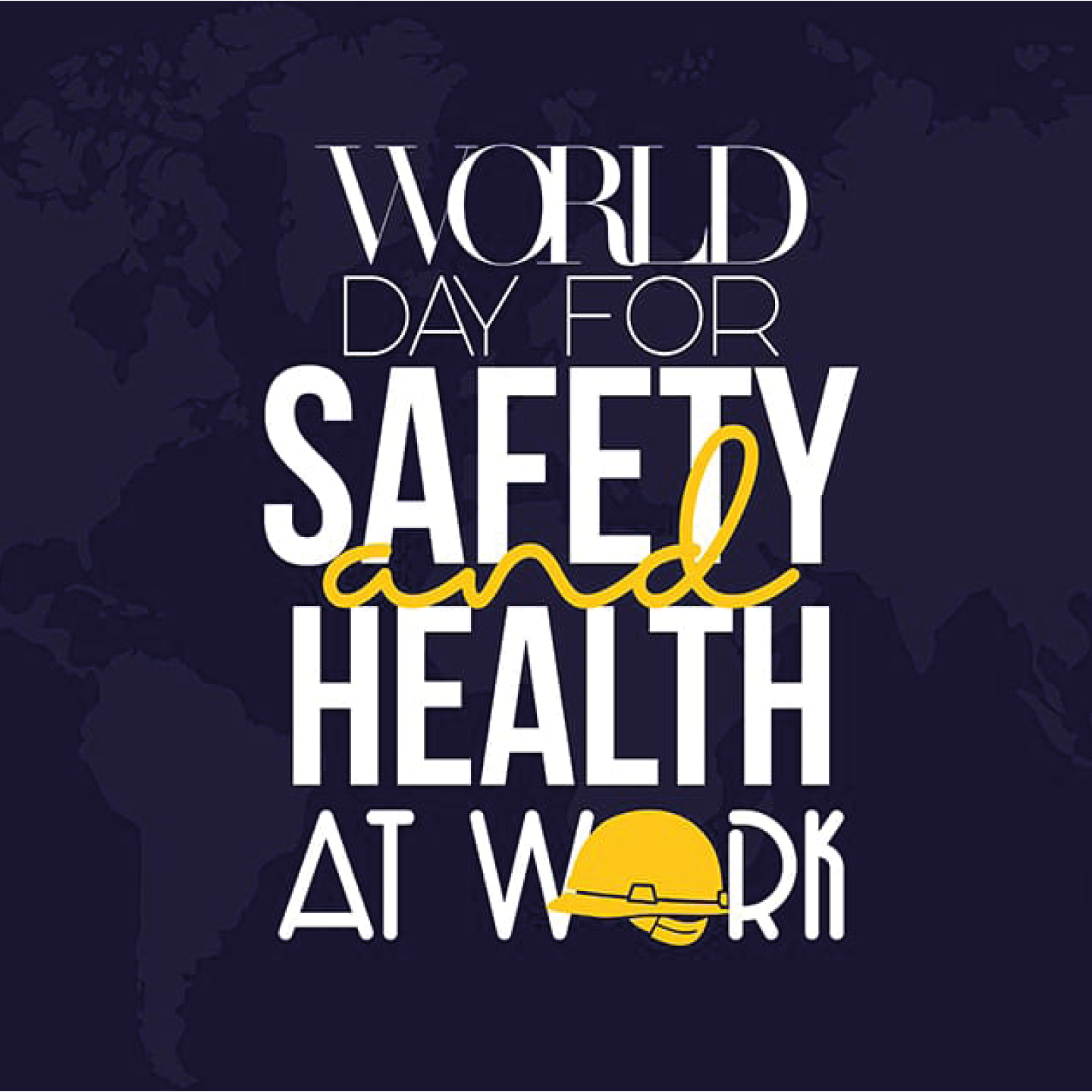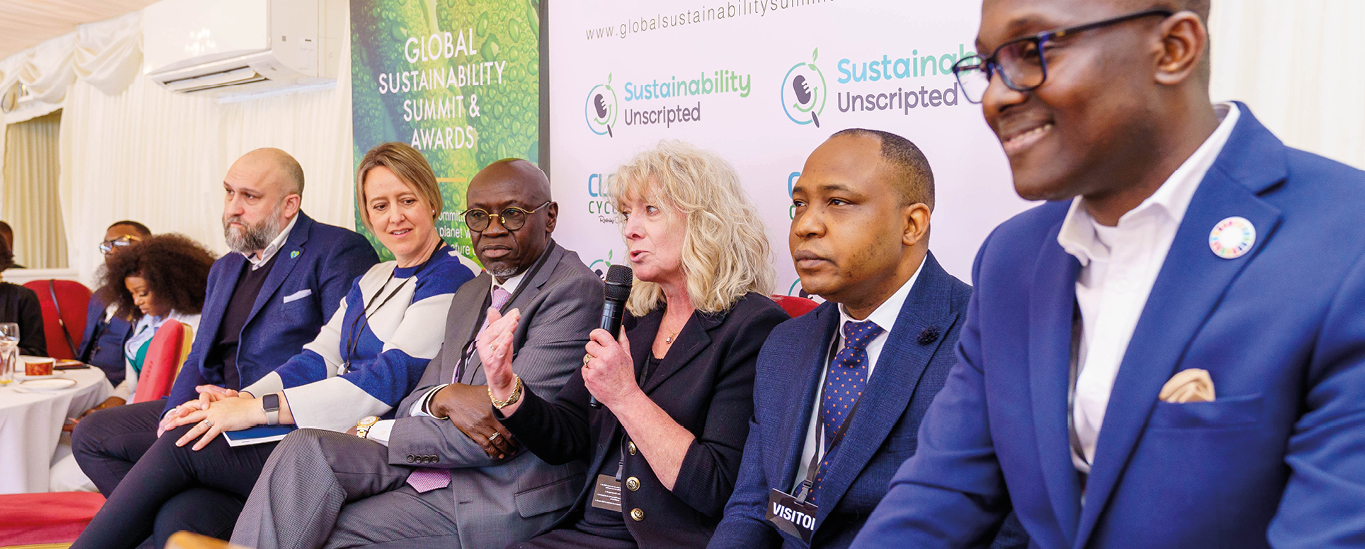
At Southernsbroadstock, we understand the importance of ensuring the safety and health of our employees.
That’s why we are proud to highlight World Day for Safety and Health at Work 2024.
The safety and well-being of our staff is our top priority, which is why we are constantly striving to improve our business practices to create a safe working environment. As part of our Sustainability Plan, we undertake research to better understand the complex relationship between climate change and occupational safety and health. Our risk register focuses on strategies to mitigate risks and protect our workers in a changing climate.
Join us in observing World Day for Safety and Health at Work 2024 and let’s continue to prioritize the well-being of all workers. Together, we can create a safer and healthier workplace for everyone.
See below, what we’re doing to minimise the risks that climate change brings in relation to H & S at work:
Extreme Weather Events: Assessing how more frequent and severe weather events (such as storms, floods, heatwaves, etc.) impact workplace safety and health. This could include measures to adapt workplaces to withstand extreme weather conditions and protocols for employee safety during such events.
Health Risks: Exploring the direct and indirect health risks posed by climate change, including heat-related illnesses, respiratory problems from air pollution, and exposure to hazardous materials released during natural disasters.
Workplace Infrastructure: Evaluating the resilience of infrastructure and buildings to climate-related risks and identifying strategies to enhance safety and protect workers during extreme weather events or other climate-related emergencies.
Occupational Hazards: Identifying new or exacerbated occupational hazards resulting from climate change, such as increased exposure to toxic substances due to flooding or higher risks of injury during cleanup and recovery efforts following natural disasters.
Vulnerable Worker Groups: Recognising that certain groups of workers, such as outdoor workers, agricultural labourers, and those in low-income industries, may be disproportionately affected by climate-related hazards and exploring strategies to protect their safety and health.
Policy and Regulation: Assessing the adequacy of existing occupational safety and health regulations in addressing climate-related risks and advocating for policy changes or new regulations to better protect workers in a changing climate.
Training and Education: Developing training programs and educational materials to raise awareness among employers and workers about the potential impacts of climate change on occupational safety and health and providing guidance on preventive measures and emergency response protocols.
Global Perspective: Recognising that the impacts of climate change on occupational safety and health vary by region and industry, and fostering international collaboration to share best practices and develop coordinated responses to common challenges.
By focusing on these aspects, researchers, policymakers, employers, and workers can better understand the complex relationship between climate change and occupational safety and health and develop effective strategies to mitigate risks and protect workers in a changing climate.
To learn more about Southernsbroadstock; what we do, or how we can support you as an organisation, contact our team today on info@southernsbroadstock.co.uk or 01204 691008.















